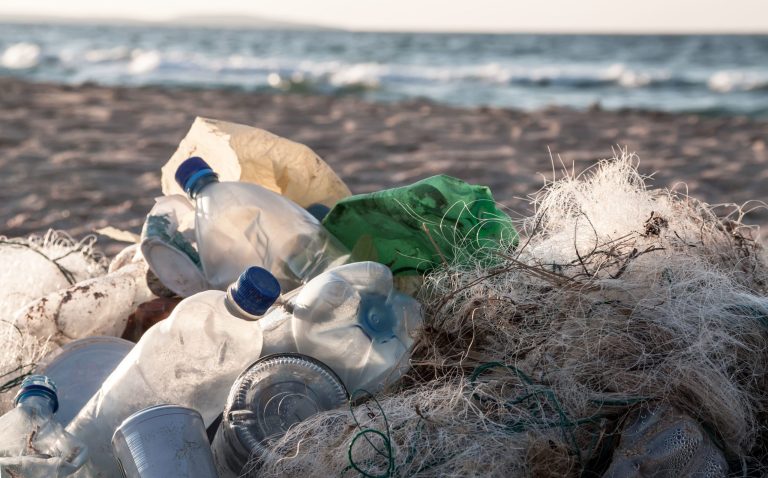By Mrs. Damayanti Bhattacharya, Principal, Jasudben ML School and Bloomingdales Pre-Primary, Mumbai
The World Meteorological Organization in May 2023 forecasted a 66% likelihood that annual average near-surface global temperatures could rise by more than 1.5 degrees Celsius above pre-industrial levels by 2027.
As the urgency of tackling climate change grows with increasing temperatures, education’s role in preparing future generations to battle the global crisis has never been more important.
With Earth Day 2024’s subject of ‘Planet vs. Plastics’ highlighting the astounding quantity of plastic waste, the call to action resonates strongly, particularly in school systems around the world.
In many educational systems, however, there’s a notable gap in providing comprehensive climate education. Take, for instance, the situation in India, where the current school curricula lack a focused interdisciplinary approach to climate studies. Recognizing this deficiency, the National Education Policy (2020) has proposed to integrate ‘climate change’ as an emerging issue.
The integration of climate studies into school curricula can reshape the socioeconomic structures to be more equitable. By teaching students with climate education, we can nurture a generation of innovators and policymakers capable of effecting genuine change.
Schools’ contribution to deal with Plastic menace:-
- Take a multidisciplinary approach to ensure that climate education permeates through various subjects, including arts, science, literature, and the social sciences.
- Incorporate narratives of climate change and climate action through storytelling and creative
arts to help broaden children’s understanding and engagement. By promoting imaginative
storytellers, filmmakers, and artists, we can empower individuals to capture the complexities of
climate discourse and inspire action. - Teach methods for climate change, and organize events with students to work on
best-out-of-waste projects, praising them for any sustainable steps they take, and conducting
guest workshops to teach them about reducing, recycling, and reusing. - Encourage students as well as parents to avoid using any sort of plastic. For instance- refrain
from using plastic water bottles at home or at school, teach the use of color-coded bins, stay
away from single-use plastic of any sort, and utilize recyclable goods.
While educational institutions and policymakers play important roles in driving change, the support of funders and philanthropies is equally essential. These stakeholders (Parents, teachers, and community) may help education establishments to identify vulnerability to climate change and share knowledge and best practices.
Education serves as the bedrock for developing critical thinking, perspectives, and problem-solving skills. It opens doors to better opportunities and employment. However, the stability of our climate underpins all these aspirations. Therefore, expanding the discourse around climate change to include education is not just imperative; it’s a strategic necessity.
As we observe Earth Day 2024, let us recommit ourselves to the cause of climate education by instilling values of sustainability, empathy, and responsibility in our youth for a brighter, greener future—one where ‘Planet vs. Plastics’ becomes a battle we can decisively win.
After all, as the saying goes, “We have not inherited this earth from our forefathers; we have borrowed it from our children.”
This article appeared in The Environment online portal on 22 April 2024.
